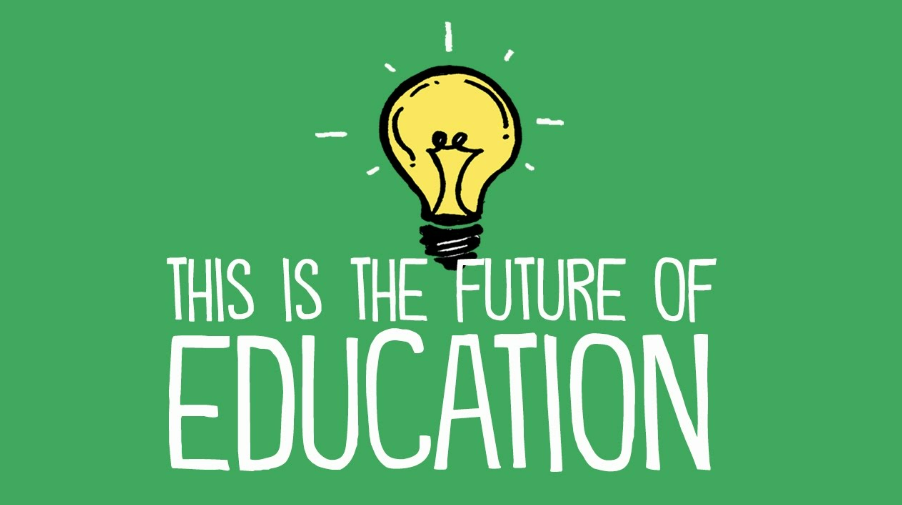The Future Of Education
The world of education is constantly evolving, and it is clear that the future of education will be significantly different than the present. Emerging trends and technologies are revolutionizing the way that we teach and learn, making education more accessible, engaging, and personalized than ever before. In this blog, we will explore some of the most exciting trends and technologies that are shaping the future of education.
Virtual and Augmented Reality
Virtual and augmented reality (VR/AR) have the potential to transform the way that we learn, making education more immersive and interactive. With VR/AR technology, students can explore the world and experience things that they might not be able to otherwise. For example, students can visit historical sites, experience science experiments in a virtual lab, or practice job skills in a simulated environment. VR/AR can also help students with learning difficulties, such as dyslexia, by providing a more engaging and interactive learning experience.
Artificial Intelligence
Artificial intelligence (AI) is already being used in education to provide personalized learning experiences. AI algorithms can analyze data on students’ learning styles, interests, and abilities to provide tailored learning recommendations. For example, AI-powered software can generate personalized quizzes or suggest reading materials that are specifically targeted to a student’s learning needs. AI can also help teachers by automating routine tasks, such as grading papers, freeing up time for more meaningful interactions with students.
Personalized Learning
Personalized learning is a trend that has been gaining traction in recent years, and it is likely to become even more prevalent in the future of education. Personalized learning involves tailoring the learning experience to each individual student’s needs, interests, and abilities. This can be achieved through the use of adaptive learning technologies, which adjust the difficulty of content based on a student’s performance. Personalized learning can help students to stay engaged and motivated, as they are able to work at their own pace and on topics that interest them.
Online Learning
Online learning has already had a significant impact on education, but it is likely to become even more important in the future. The COVID-19 pandemic has accelerated the shift towards online learning, and it is likely that this trend will continue even after the pandemic is over. Online learning has the potential to make education more accessible and flexible, allowing students to learn from anywhere and at any time. Online learning can also help to reduce costs, as it eliminates the need for physical classrooms and other resources.
Conclusion
The future of education is exciting and full of possibilities. Emerging trends and technologies, such as virtual and augmented reality, artificial intelligence, personalized learning, and online learning, have the potential to transform the way that we teach and learn. These technologies can help to make education more accessible, engaging, and personalized, providing students with the skills and knowledge they need to succeed in the 21st century. It is up to educators and policymakers to embrace these trends and technologies and to ensure that they are used in ways that benefit all students.

